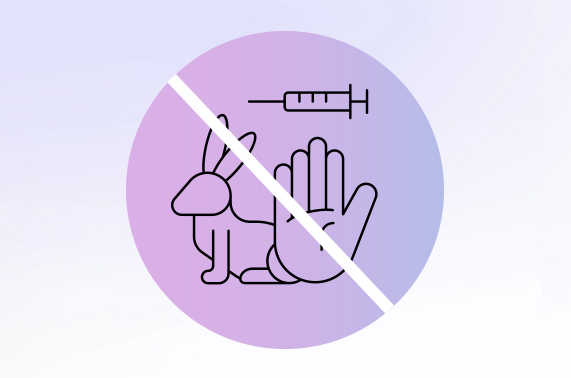The Paradigm Shift in Preclinical Testing
The FDA has announced a strategic shift away from animal testing, citing that over 90% of drugs successful in animals fail FDA approval due to human safety and efficacy issues—especially in cancer, Alzheimer’s, and inflammatory diseases¹˒². Their new roadmap focuses on New Approach Methodologies (NAMs): in vitro human-based systems, in silico computational modeling, and innovative platforms for evaluating immunogenicity, toxicity, and pharmacodynamics in humans².
Preclinical paradox: Did you know? Aspirin might never have reached patients if it had to pass modern animal testing, while compounds “safe” in animals have proven fatal in humans³ .
At InSilicoTrials, our computational platforms directly support this transition by providing pharmaceutical companies with human-relevant alternatives that improve predictive accuracy and align with the FDA’s stepwise approach to modernizing preclinical testing.
Why Start with Monoclonal Antibodies?
The strategic rollout: The agency’s carefully sequenced approach begins with mAbs, where animal tests have most dramatically failed human prediction, before expanding to other biologics and eventually all drugs. This science-driven strategy targets the $187 billion mAb market first, where catastrophic failures like TGN1412 have demonstrated that passing animal studies provides false security. By establishing success with mAbs, FDA creates momentum for broader implementation while protecting the most patients in the shortest timeframe⁴˒⁵.
While mAbs serve as the FDA’s starting point, could this be the first domino in a larger shift across the biologics landscape? This broader category includes recombinant proteins, gene therapies, cell-based products, and vaccines, representing a rapidly growing sector of pharmaceutical development. Biologics present unique challenges for traditional animal testing due to their complex structures and species-specific interactions with immune systems.
How InSilicoTrials Aligns with FDA’s New Vision
InSilicoTrials delivers regulatory-compliant computational solutions that transform drug development in the post-animal testing era.
The FDA is actively promoting AI and simulation to predict drug behavior in the human body. These approaches can forecast distribution, metabolism, target engagement, and side effects while catching safety issues earlier. By accepting real-world human data from other countries and offering streamlined reviews for companies using robust in silico methods, the FDA is creating powerful incentives for computational innovation.
Our Advanced Solutions Portfolio
Comprehensive Drug Modeling:
- PBPK & QSP Models: Simulate biologic therapies and patient responses across virtual populations
- PK & ADME: Generate predictions based on molecular structures
- PhysChem + Blood Brain Barrier: Predict BBB penetration and key molecular descriptors
AI-Driven Safety Assessment:
- Mutagenicity: Non-animal, ICH-compliant QSAR models for predicting genotoxicity
- Chemotoxicity: Predict immunotherapy effects using digital patient populations
- Immunogenicity Risk Screen: Mimic CD4+ T-cell assays to assess protein sequence risks
Target Interaction Analysis:
- Target Affinity Prediction: AI-powered assessment across >1M compound records
- Molecular Docking: Simulate ligand-target interactions to assess binding affinity
- Epitope Identification: Deep learning models for protein-protein interactions
Furthermore, by partnering with InSilicoTrials, pharmaceutical companies can immediately access FDA-aligned computational solutions to accelerate development timelines, reduce costs, and strategically position them for the FDA’s new regulatory incentives, all while delivering safer, more effective therapies to patients with unprecedented speed.
Next Steps and Key Takeaways
The FDA’s strategic roadmap marks a pivotal shift away from animal testing toward scientifically validated NAMs. This transition promises multiple benefits: patients will receive safer therapies faster, unnecessary animal testing will be eliminated, and drug development will align with 21st-century technology.
The future of drug development is computational, ethical, and human-relevant, and the time to embrace this transformation is now.
References
¹ NIH Advisory Committee to the Director, “NAMs Working Group Report,” December 2023. [Link]
² FDA, “FDA Announces Plan to Phase Out Animal Testing Requirement for Monoclonal Antibodies and Other Drugs,” April 2024. [Link]
³ Bailey J. “Does the stress of laboratory life and experimentation on animals adversely affect research data?” Altern Lab Anim. 2018;46(5):291-305. [Link]
⁴ Labmate Online, “Market Report: Therapeutic Monoclonal Antibodies in Europe” [Link]
⁵ NC3Rs, “Reducing animal use in monoclonal antibody development” [Link]
